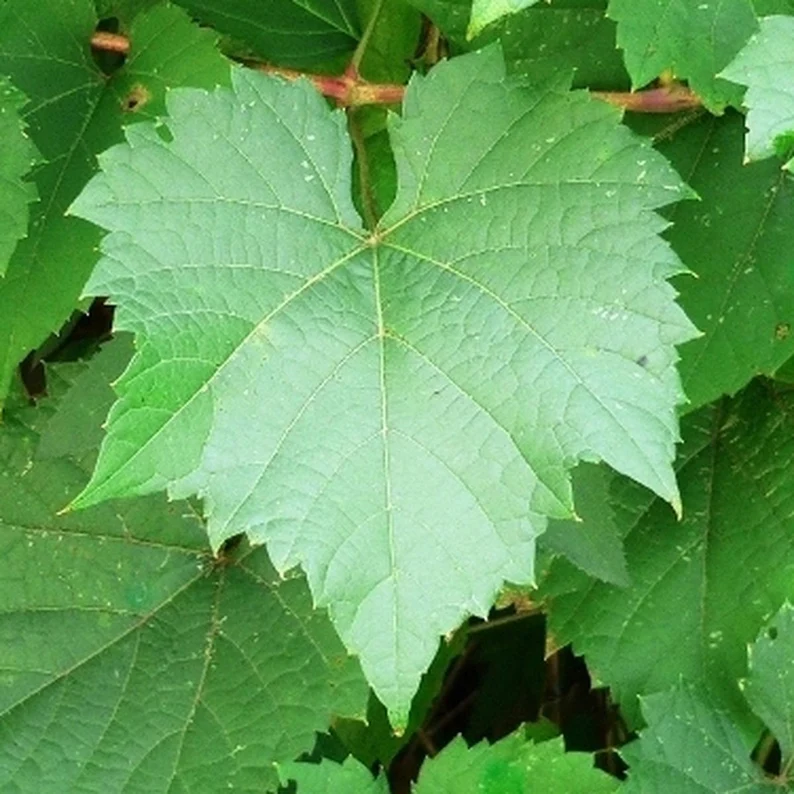Last week I was in San Luis Obispo attending the 2017 Sustainable Ag Expo. It is a very well run event and there were a number of excellent speakers. It’s a great place to meet with growers we work with from all around the state.
Dr. Marc Fuchs, Plant Pathology Professor at Cornell University, spoke about Red Blotch, the virus affecting wine grapes. He spoke about the virus’s impact on lowering grapes vigor, yield, soluble solids, etc. and also made a point that I hadn’t heard previously in a dozen or more presentations I’ve heard on Red Blotch: vines that are impacted by Red Blotch increase their exudation of flavonoids. Flavonoids are secondary metabolites that improve color, flavor and disease resistance. I asked Dr. Fuchs if supplementing a flavonoid would be a good practice for Red Blotch infected vines, and his answer was a definite yes.
Andaman Ag has a flavoinoid product, CropBioLife, which reduces abiotic stress on plants and has been shown to increase mineral, protein, and sugar levels. In wine grapes, we have studies showing CropBioLife increasing anthrocyanins. It also mitigates the slowdown of protein synthesis caused by chemical fungicidal sprays. The result is more a consistent plant metabolism resulting in additional total growing days and less vulnerability to disease pressure. Given its attributes and potential to help Red Blotch-infected vines perform better, it seems like a very good product to have in your tool chest. And it’s organic listed.
I spoke to a vineyard manager in Paso Robles who used CropBioLife on his vineyards this season. He stated that his vineyards weathered the intense heat period over the summer much better than surrounding vineyards, a fact he attributed to CropBioLife. He reported that he was able to deliver a very good quality grape.
I also spoke to Dr. Fuchs about our product Thyme Guard, a systemic essential oil that’s an organic fungicide, insecticide, bactericide and virucide. He was familiar with the product. In our second year of trialing the product on Caldwell Vineyards in Napa, we were able to mitigate the physical expression of Red Blotch and achieve targeted brix levels on Red Blotch-infected vines. Bob Thomas of Mesa Vineyard Management had a Petite Syrah vineyard that tested positive for Red Blotch. This season, after rotating Thyme Guard into their fungicide program, experienced much less expression of the virus relative to previous years and produced a very nice crop. He plans to expand its use given its effectiveness as a fungicide and the silver lining of mitigating Red Blotch. It’s clearly not a cure, but it appears to be helping.
I also heard from a number of growers that our microbial-stimulant fertilizers – Agrostim, Supergrow and Agroprime – delivered some excellent results again this season in terms of quality, consistency and yield. Growers also commented that their vineyard canopies were fuller and greener late into the season, helping vines store energy for next season’s bud break. I view leaf development and color as possibly the most important telltale signs of a healthy plant.
Andaman Ag continues to offer Pacific Gro for free and our MetaGrow ST compost tea for half price to those growers impacted by the Northern California fires. Freight charges would apply.
I very much appreciate the support of our customers, partners, friends and family. We are especially aware of our neighbors impacted by the devasting Northern California fires and the long road to recovery ahead. We’re particularly thankful for all the people that showed up in a great time of need from all parts of the world to help extinguish the fires. Our family would like to wish you and your families a safe and happy Thanksgiving!




